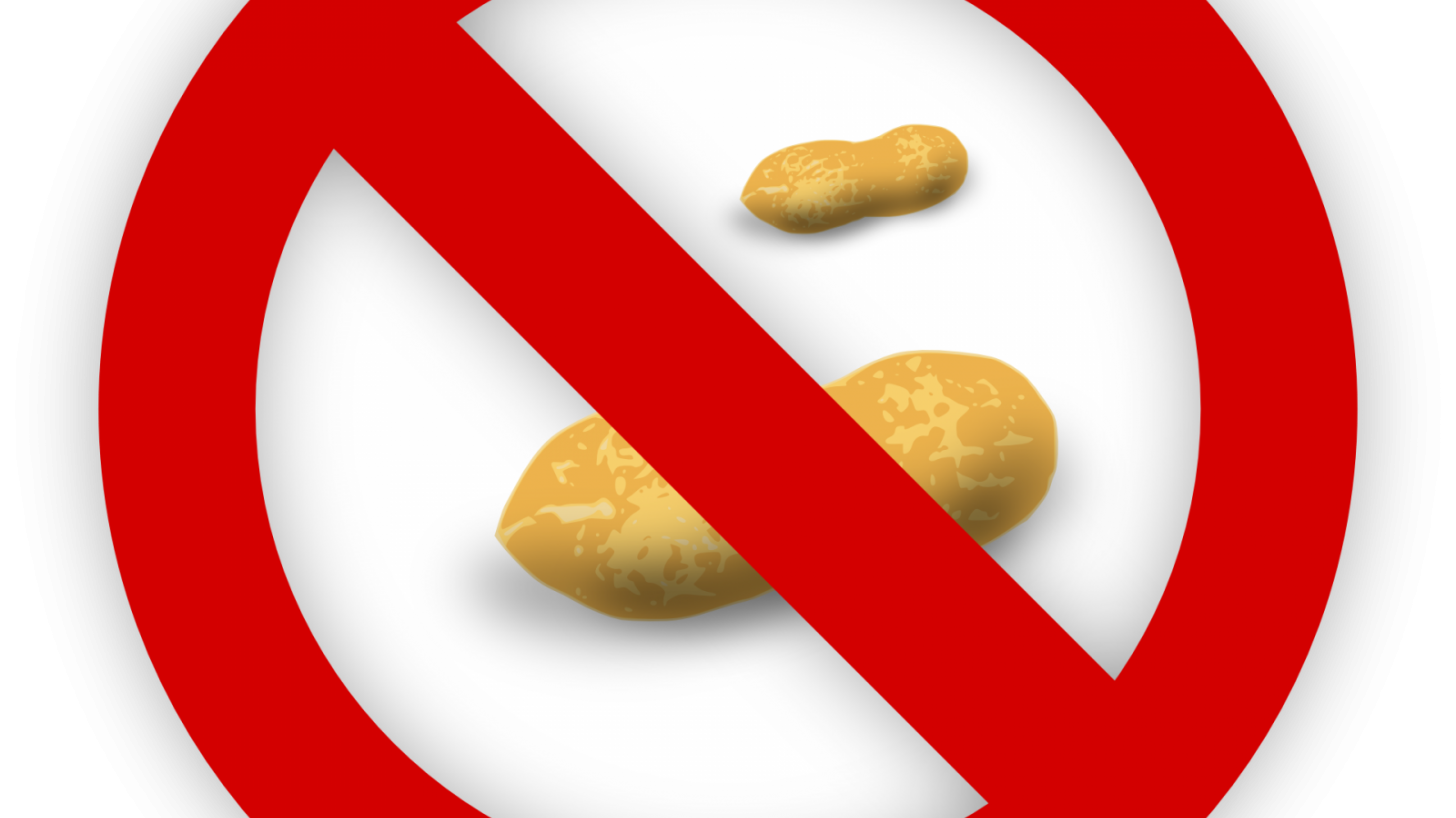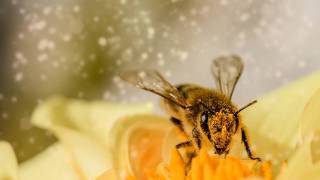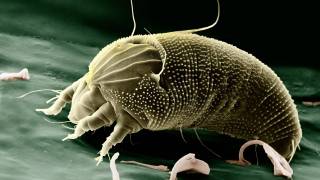Peanut Allergy Vaccine Candidate Gains New Partner

Enesi Pharma and Sementis Ltd. announced they are developing vaccine candidates for the prevention of allergies and infectious diseases.
This collaboration agreement is focused on the development and evaluation of solid dose versions of Sementis' peanut hypo-allergy vaccine candidate for administration via Enesi Pharma's ImplaVax® technology.
This is important news since there is no cure for peanut allergy at this time, which means sufferers must exercise strict dietary scrutiny and restrictions, imposing significant lifestyle constraints as the only means of avoiding a reaction.
An ImplaVax-enabled vaccine could provide a simple and effective means to address peanut allergy on a large scale, particularly for younger sufferers who may have an aversion to needles and traditional injections.
Sementis' investigational peanut hypo-allergy vaccine, based on its SCV vector platform, has completed proof-of-concept studies, providing compelling evidence that it offers the possibility of a permanent cure for peanut allergy.
This announcement is important since peanut allergies have become the leading cause of anaphylaxis and death related to a food allergy, said a study published in New England Journal of Medicine.
Peanut-allergen hypersensitivity reactions, which can result in anaphylactic episodes and death, affect approximately 1 percent of the general population.
This NEJM study estimates approximately 1.7 million adults in the USA are affected by a peanut allergy, of which approximately 600,000 are treated and approximately 400,000 are at risk for severe reactions.
Data to date demonstrates that ImplaVax-enabled vaccines can deliver superior immune responses when compared to standard injection protocols.
Dr. Paul Howley, CEO of Sementis, said in a press release, “Enesi's technology may eliminate the need for highly trained healthcare workers to administer our vaccine, as no injection is required.”
There are several misconceptions about peanut allergies.
Peanut allergy is a disorder where an individual suffers from a potentially life-threatening allergic reaction upon ingesting even the smallest amount of peanut, says the American College of Allergy, Asthma, and Immunology.
A peanut is a legume belonging to the same family as soybeans, peas, and lentils, not a tree nut.
And while it was previously believed that an allergy to peanuts was lifelong, research by the National Institutes of Health shows that about 20 percent of individuals with a peanut allergy eventually outgrow it.
Previous peanut allergy vaccine news:
- Peanut Allergy Oral Desensitization Immunotherapy Successfully Met End-Points
- Peanut Allergy Clinical Trial Announced Positive Results
- Viaskin's Peanut Allergy Vaccine Seeks Alternative Approval
Our Trust Standards: Medical Advisory Committee
- Enesi Pharma and Sementis Sign R&D Collaboration Focused on Needle-free Solid Dose Vaccines for Peanut Allergy and Chikungunya
- Preventing Peanut Allergy through Early Consumption — Ready for Prime Time?
- Five CTSAs Enable NIH-Funded Research on Innovative Allergy Therapy
- Allergies
- Current and emerging immunotherapeutic approaches to treat and prevent peanut allergy

























